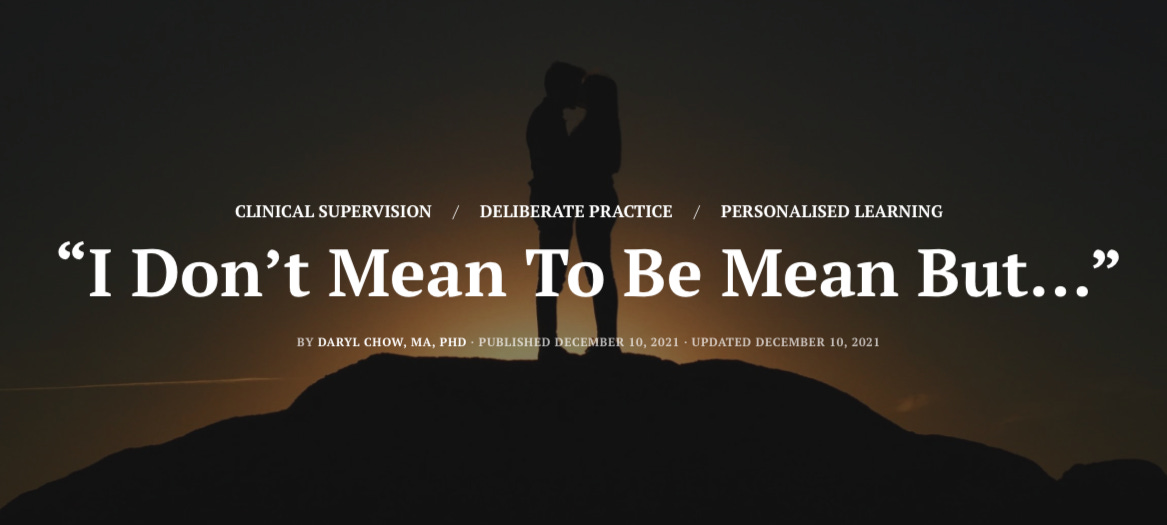Note: This is originally from Frontier Friday, a weekly Substack published, originally released on 08 Mar. 2024
Improve Your Taste, Not Your Ability
I recently heard Cal Newport on an interview with Brent McKay. Cal is known for his books on productivity (e.g., Deep Work, Digital Minimalism) and his older work on So Good They Can’t Ignore You (a line borrowed from the great comedian Steve Martin). Cal was on this podcast for the fifth time, now promoting his latest book, Slow Productivity (yet to read it).
Why I’m pointing out this particular interview was because of what Cal said towards the end of the interview. He was making the case of not only saying no to non-vital things and slowing down from the psuedo-productivity treadmill, but also
Obsessing over quality… it is like the glue that holds these principles together.
Cal elaborated on how to get better:
You can’t get better unless you know what better means.
He went on to describe the now famous quote by Ira Glass, author, creator and host of the podcast, This American Life:
“Nobody tells this to people who are beginners. I wish someone told me. All of us who do creative work, we get into it because we have good taste. But there is this gap. For the first couple years you make stuff, it’s just not that good. It’s trying to be. It has potential. But your taste — your taste is still killer. And your taste is why your work disappoints you.
“A lot of people never get past this phase. They quit. Most people I know who do interesting creative work went through years of this. Our work doesn’t have this special thing that we want it to have. We all go through this. And if you’re just getting started or you are still in this phase, you gotta know it’s normal, and the most important thing you can do is do a lot of work. Put yourself on a deadline, so that every week, you will finish one project. It is only by going through a volume of work that you will close that gap and your work will be as good as your ambitions. It’s gonna take awhile. You’ve just gotta fight your way through.”
So it seems like it’s about closing the gap between your taste and the work you’re able to create.
But wait. In a more recent interview with Ira Glass on Michael Lewis’ podcast, Cal points out the following:
Well, this has always bothered me because I’ve also found this other interview of Ira Glass. It’s more recent…
(Michael and Cal) go back and they listen to his first major piece he did for NPR. And they listen to it. And when they’re done listening to it, Ira Glass is like, Oh, that’s terrible. Yeah, I know that now that’s terrible editing.
But then he tells Michael Lewis, I didn’t realize that at the time. I thought this was great. You know, I didn’t know that that was bad editing.
So what he’s telling Lewis directly contradicts the advice from that famous interview. He didn’t have a big gap between his taste and his ability. He thought he was great. And so what was really important was not closing the gap between his ability and his taste. It was improving his taste.
Why am I sharing this here on a Substack for psychotherapists?
It reminded me a thought I had more than 3 years ago. (I remember this because I blogged about it with time-stamps on it).
Here’s what I said in Develop Good Taste: “Before you can develop good abilities, you’ve got to develop good taste.”

I said this because I came to realise most psychotherapists in practice haven’t had much of a chance to really watch other therapists of various theoretical orientation in action—even in their traineeship days. Some may have watched snippets in live workshops from the trainer’s live demonstration or from recorded materials. Some may have seen the Gloria tapes with Carl Rogers, Albert Ellis and Fritz Perls (turns out that was rigged). But this is nowhere close enough to develop a feel, to develop good taste.
I am a big fan of Cal Newport’s work, so I’m biased to say that he’s on to something. Not just in the creative field, but especially so in domains where the environment is wicked, not kind (see this post on what wicked and kind environments are).
Ok, so all I have to do is listen to copious amounts of therapy recordings?
Around the same time, I wrote about how one can deliberately listen to therapy recordings, and gain as much mileage from the exercise, using the following sequence of listening:
1. PLAY—> 2. PAUSE —> 3. ACT—> 4. PLAY —>
5. REFLECT —> 6. SYNTHESISE
I expanded on this structure using a therapy recording as an example in this post, “I don’t mean to be mean, but…”

Taste and See. You can almost always improve your taste.
If you would like to learn more topics that can help your professional development, subscribe to the Frontiers of Psychotherapist Development (FPD). On Frontiers Friday (FPD), we serve you directly to your Inbox highly curated recommendations each week.



Recent Comments